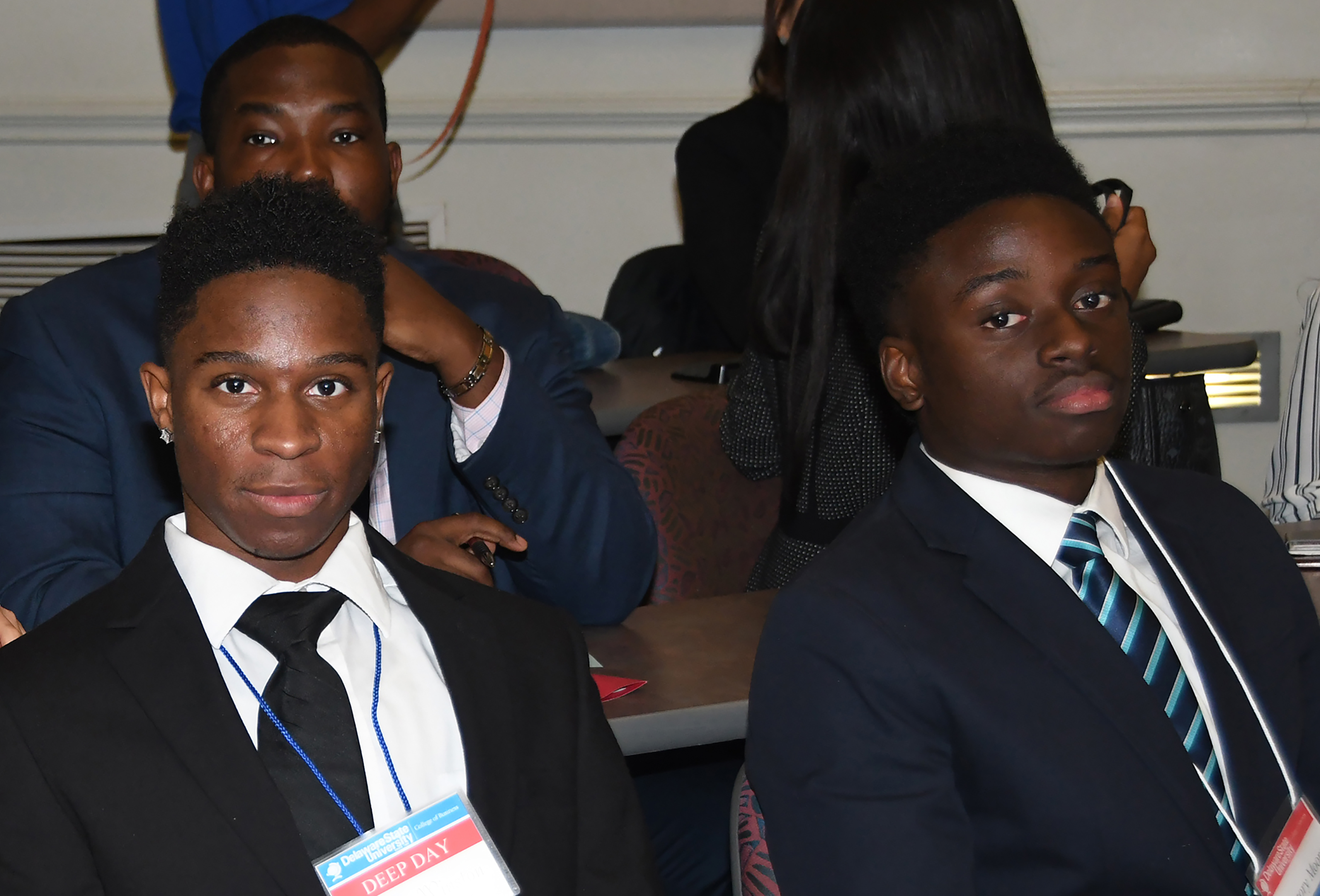
This is Us … and that is no longer acceptable
A Message to the University Community from President Tony Allen:
This is Us … and that is no longer acceptable
Reacting to Ahmaud Arbery’s murder in Georgia, Dean Francine Edwards of the College of Humanities, Education and Social Sciences recently captured the fear of Black parents across America: “This is why I will always have fear in my heart. I have three brown sons.” Reflecting on George Floyd’s death under the knee of a Minneapolis Police Officer, and the ‘Cooper incident’ between an avid birdwatcher who happen to be black and a white woman walking her dog, Alumnus and entrepreneur Kevin Wright titled his LinkedIn comments, “This Is US.”
At this moment, when the future feels so uncertain, it is past time for America to confront the fact that the most dangerous virus gnawing at us from within is still racism. There are countless stories of oppression that lead to false accusations of wrongdoing; disproportionate rates of poverty and incarceration; health disparities stemming from socio-economic circumstance; anti-immigrant prejudice; black and white middle-class flight from “urban” areas; police misconduct; glass ceilings in corporate America; and senseless murder all around.
As Kevin said in his “This Is US” piece, some of you have already stopped reading and moved on. That’s understandable: it feels like there is so much turmoil and upheaval that it is easy to become desensitized. Some believe themselves already well-versed in these matters and already on the side of what is fair, just, and true, while others both empathize and understand the issue, but are simply tired of hearing terms like “systemic,” “the Man,” and “power structure.”
Yet we are each unquestionably shaped by our individual experience of the world around us. Like Dean Edwards, I have brown sons. I have received and given the obligatory “talk” to my boys about how they need to conduct themselves in moments of crisis or friction, aware that it does not guarantee their safety. Like all of you, I share direct responsibility for several thousand young Black men annually entrusted to Delaware State University’s care. Our moral duty toward them is unparalleled in a 21st Century in which too many continue to be identified as dangerous and violent, despite overwhelming evidence to the contrary.
The University confronts current challenges and future uncertainties, but there are certain values and requirements engraved on the soul of the institution we aspire to be. If equipping our students to not only understand but also engage in the amelioration of racism isn’t a part of the core reason for our existence, then we should close our doors.
To be clear, racism is “a belief or doctrine that inherent differences among the various human racial groups determine cultural or individual achievement, usually involving the idea that one’s race is superior and has the right to dominate others.” When racism turns systemic, you don’t even need to be racist to reap its benefits or feel its effects. It just is.
And that is no longer acceptable.
Not for us. Not for a University that has counted Freedom Riders among its faculty, and whose most senior professor can recall the National Guard occupying not just Wilmington, but also our Dover campus in the wake of Dr. Martin Luther King’s assassination.
It’s time we make the issue of systemic racism and what it has wrought a priority in everything we do – in teaching, intellectual discourse, research, on the field of play, in or outside of the classroom, and for the communities we serve.
I am not mandating specific strategies or approaches because I don’t have to. Our faculty and staff are adults with imagination, compassion, and conscience, and I believe fervently in your collective wisdom. We don’t need another forum, or a CBA renegotiation, or committees to study guidelines: we need to think, feel, and do.
I expect that we will each more consciously use our extraordinary talents, and those of our students, to build a more just, tolerant University community that sees itself as a fierce, institutional champion in the ongoing struggle against systemic racism. We need to be not only responsible, but fearless.
If you are still not moved, let these names sit with you for awhile*:
• George Floyd
• Ahmaud Arbery
• Amadou Diallo
• Manuel Loggins, Jr.
• Ronald Madison
• Kendra James
• Sean Bell
• Eric Garner
• Michael Brown
• Alston Sterling
• Philando Castile
• Ariel Denkins
• Gregory Gun
• Samuel DuBose
• Brendon Glenn
• Trayvon Martin
• Freddie Gray
• Natasha McKenna
• Walter Scott
• Christian Taylor
• Ezell Ford
• Sandra Bland
• Akai Gurley
• Laquan McDonald
Then remember these words, penned in 1831 by Abolitionist William Lloyd Garrison: “I am in earnest. I will not equivocate — I will not excuse — I will not retreat a single inch — AND I WILL BE HEARD.”
* If some of these names do not resonate in your memory, the LA Times has complied a far too long list that includes capsule biographies of men and women who should never have been taken from us. Likewise, if you need a place to start in terms of plumbing the depths of the systemic problem, you could not do better than to start with the book by Delaware State University Alum Matthew Horace, The Black and the Blue: A Cop Reveals the Crimes, Racism, and Injustice in America’s Law Enforcement.

